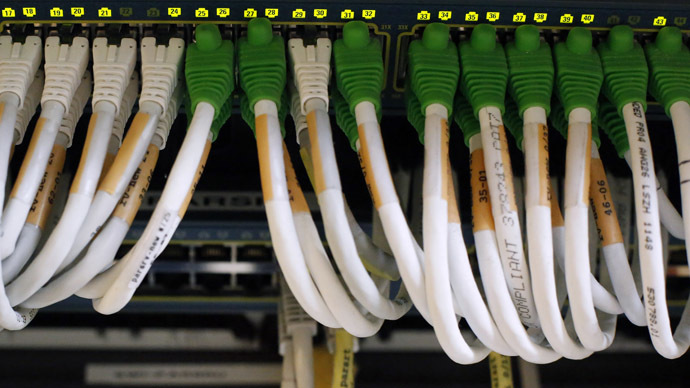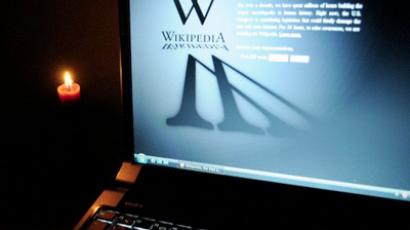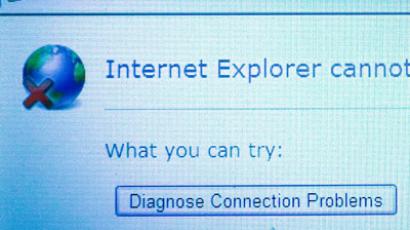Six Strikes plan to eliminate piracy finally operating at ‘full capacity’

The highly-touted Six Strikes anti-piracy policy involving major US internet providers has been fully enacted nearly two years after Hollywood copyright enforcers dreamt up the scheme, according to a new announcement from the group behind the plan.
Rick Cotton, the head of the US Chamber of Commerce’s anti-counterfeiting and piracy department, said Wednesday that the program had been delayed, although April will be the second month that suspected Internet pirates are sent warnings about their behavior.
As part of the Six Strikes policy (which AT&T, Cablevision, Comcast, Time Warner, and Verizon have agreed to follow) the five major internet service providers (ISPs) said they intend to notify a user when their computer was used to illegally download media content. The plan is a reversal or at least an alternative to the mostly failed effort to scare downloaders out of pirated music and movies by making headlines with large settlement lawsuits.
“The last year has been a ramp-up…March is the first month those [notices] are going out to full capacities,” Cotton said at a Copyright Alert System (as the Six Strikes plan is officially known) event, as quoted by GigaOm.
He claimed that, as the system has been enacted, piracy has been reduced, although he did not mention any specific evidence. Much of the policy’s genesis and implementation have been shrouded in secrecy, with the ISPs refusing to disclose how many notices they have sent out so far. A recent TorrentFreak article reported that Comcast alone has issued more than 625,000 alerts.
Cotton also did not describe the program’s most severe punishment, which culminates with an ISP slowing down a customer’s Internet speed (known as throttling) to a crawl after they have received a number of increasingly stern warnings to avoid piracy.
“There’s an enormous fall-off when people get the first notice,” he said. “The vast majority of people say they stop when they receive the notice.”
Whether the Six Strikes plan is a viable solution to piracy remains to be seen, although skepticism has surrounded the program since it was first announced in 2012. Early reports suggested that ISP executives were hesitant to enter into the agreement with major Hollywood studios and record company bigwigs.
The initiative then faced a backlash from customers who feared that they would have their Internet connection slashed, an especially frustrating idea when some suggested that they could be implicated by an actual pirate who hacked their WiFi connection.
The plan’s designers admitted the plan is not fool-proof, with Cotton confessing that “piracy will never go away,” while sticking to the notion that the plan here is to instead educate the public about piracy.
A number of scientific reports published in recent years have suggested that, instead of threatening punishment, content providers should consider making music, movies, games, and software more attainable with streaming content and lower prices.
Ipsos MMI, a Norwegian research body, revealed last year that an estimated 1.2 billion songs were pirated in Norway in 2008, although that figure dropped to just 210 million four years later. In that time Norway passed an anti-piracy law of its own, although the researchers specifically credited the rise of direct streaming services like Spotify, Netflix, and the like.
“When you have a good legitimate offer, the people will use it,” Olav Torvund, a former law professor at the University of Oslo, told the Telegraph. “There is no excuse for illegal copying, but when you get an offer that does not cost too much and is easy to use, it is less interesting to download illegally.”














